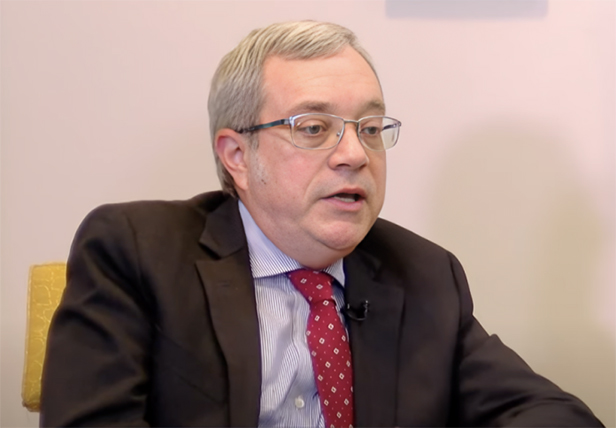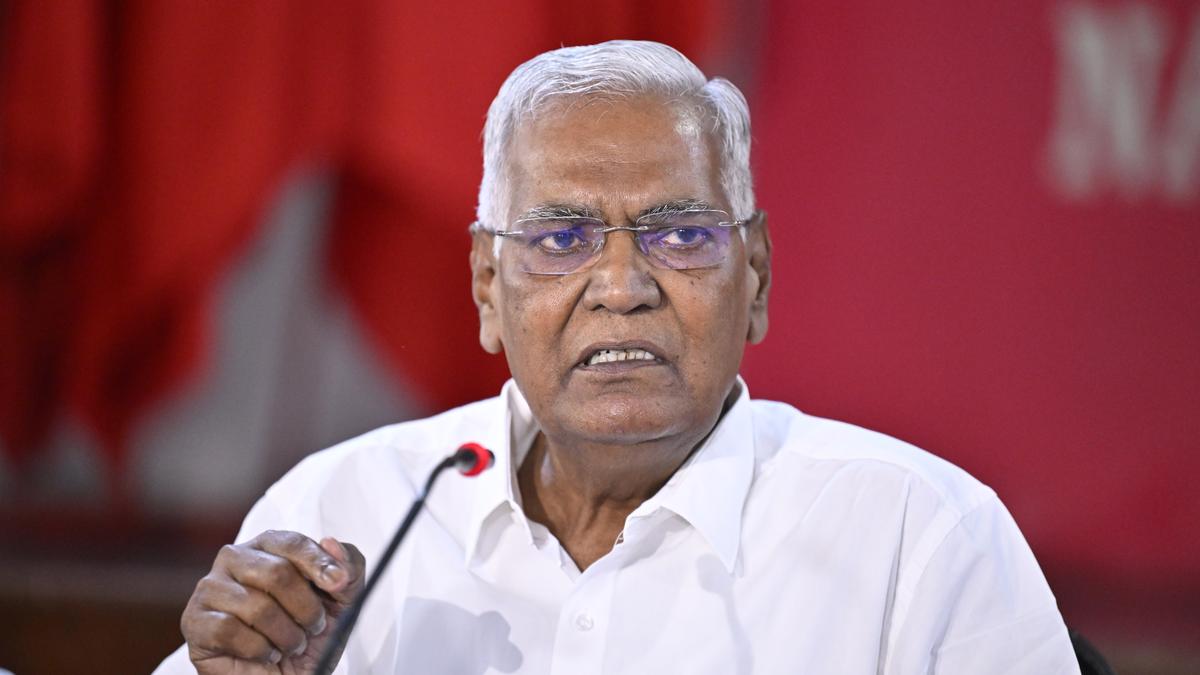By Ghana News
Copyright ghanamma

Robert Taliercio, World Bank
The World Bank’s 2025 Policy Notes on Ghana has revealed that the country could achieve a generational transformation by implementing comprehensive policies to improve infrastructure and human capital for sustained economic growth.
The report stressed that institutional reforms to boost productivity and enhance workforce skills are essential to sustaining long-term growth. “These reforms could sustain economic growth exceeding 6.5 percent, triple per capita income by 2050, and counter headwinds from demographic trends and the decline in natural resources,” it stated.
According to the World Bank, Ghana’s income per capita has stagnated at around US$2,200 over the past decade, with poverty affecting more than a quarter of the population. Regional disparities have also deepened due to limited structural transformation and continued reliance on natural resources.
The Policy Notes are concise, sector-focused briefs designed to diagnose priority challenges, propose actionable policy options, and support evidence-based dialogue among policymakers and partners.
World Bank Division Director for Ghana, Liberia, and Sierra Leone in the Western and Central Africa Region, Robert Taliercio, said Ghana has a unique opportunity to restore fiscal discipline, improve governance, and harness natural and human capital to achieve broad-based and inclusive development.
“To sustain high growth, Ghana must join other countries that have maintained prolonged periods of robust economic growth and avoided the middle-income trap by ensuring macroeconomic stability, low inflation, and sustainable public finances,” he said.
The report underscored the need to break from past governance failures marked by fiscal indiscipline, inefficiency, and repeated IMF programmes. It urged the government to restore credibility through fiscal consolidation, transparency, and institutional reforms, while putting debt on a sustainable path and avoiding premature re-entry into the Eurobond market.
Restoring macro-financial stability, the report noted, will require stronger revenue collection, improved expenditure management, and reforms in key sectors such as energy and cocoa to reduce fiscal risks. It further highlighted that boosting productivity and jobs demands a business environment attractive to investment, alongside improvements in education, health, and social protection to build human capital.
Other recommendations included sustainable management of natural resources, enhancing agricultural and infrastructure resilience, and reinforcing governance through stronger institutions, anti-corruption measures, and public sector reforms to restore trust.
Lead Economist for Ghana, Liberia, and Sierra Leone at the World Bank, and lead author of the report, Stefano Curto, emphasised that the choices Ghana makes today could unlock a generation of inclusive, resilient growth and create sufficient quality jobs for citizens. “The World Bank Group stands ready to support Ghana’s leadership and the efforts of all stakeholders to make that promise real,” he said.
The 2025 Ghana Policy Notes synthesise recent evidence and practical recommendations aimed at accelerating inclusive, sustainable, and resilient development, with a focus on restoring macro-financial stability and strengthening the financial sustainability of critical sectors like energy and cocoa.
By Ebenezer K. Amponsah



